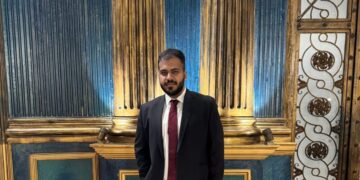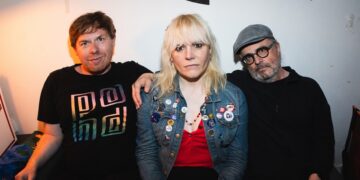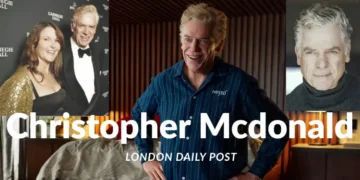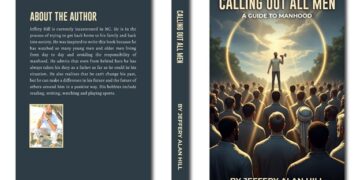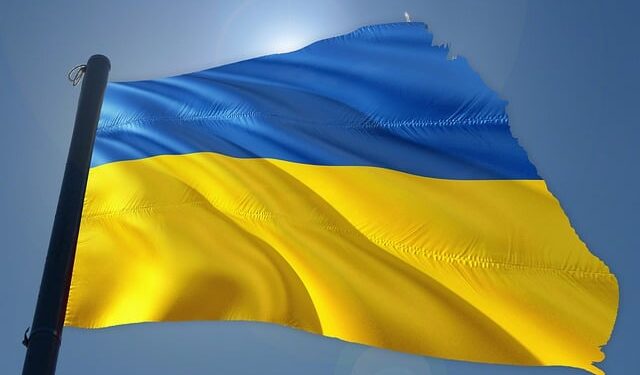The UK’s support for Ukraine is strong. However, Ukraine is facing difficulties navigating the political climate of the United States. This has made it uncertain whether Ukraine will continue receiving stable and predictable aid. Who is ensuring that Ukraine’s interests are met in pre-election America?
In the complex landscape of international relations, it is common for countries to engage in lobbying activities to advocate for their interests and bolster diplomatic ties. The US and the UK are certainly frontrunners for aid to Ukraine; therefore, the latter has developed a solid diplomatic and lobbying presence. For reference, since the outbreak of hostilities, The UK has pledged almost £12 billion in overall support, and the US has given a total of $44.9 billion since the start of the Biden administration.
Despite the Congress being wrapped up in continued turmoil regarding the allocation of additional support to Ukraine, with House Speaker Mike Johnson encountering stern opposition from far-right Republicans, the US government revealed on March 12, 2024, that a $300 million exceptional military aid package had been authorized.
On the other hand, support from the UK is strong and unwavering. Realizing the uncertain nature of current American backing and upcoming elections increasing Trump’s likelihood as a candidate, David Cameron traveled to the US to urge Trump to restore military assistance to Ukraine. Therefore, with forthcoming elections potentially affecting American support, Ukraine must continue lobbying efforts to ensure sustained US government backing.
This article will dive deep into the topic and uncover the top lobbyists advocating for Ukraine.
Ukrainian oligarchs have traditionally played a significant role in lobbying activities, with the primary aim of safeguarding their interests and pursuing their agenda. These oligarchs, who often control large businesses and industries in Ukraine, have been known to use their political and financial power to influence government decisions and policies that benefit their businesses, sometimes at the expense of the public’s interests.
One of the main areas of interest for Ukrainian oligarchs has been the energy sector. This sector has been dominated by a few powerful oligarchs who have been known to use their influence to secure favorable deals and monopolies for their businesses. For example, in the early 2000s, the gas sector was dominated by oligarchs, who controlled large gas trading companies and were accused of using their connections to secure lucrative deals with Russia’s Gazprom and then charging high prices to Ukrainian consumers.
Another area of interest for Ukrainian oligarchs has been the media industry. Many oligarchs have invested heavily in media companies, giving them control over the country’s news and information landscape. This has enabled them to shape public opinion and influence political outcomes in their favor.
In addition to the energy and media sectors, Ukrainian oligarchs have also been interested in the banking sector, real estate, and other industries. Some oligarchs have used their financial power to acquire large stakes in Ukrainian companies, giving them significant influence over the country’s economy and politics. Others have invested in political parties and campaigns, using their financial resources to sway elections in their favor.
However, with the outbreak of war new players have appeared on the lobbying field – non-governmental and non-profit organizations.
One prominent example is Vitaliy Hersak, a serviceman of the Armed Forces of Ukraine and head of the NGO “Free and Faithful,” which advocates for veterans and service people. Vitaliy Hersak is widely respected for his dedication to promoting the interests of Ukrainian veterans and service people. He has been instrumental in raising awareness about the challenges faced by these groups and advocating for their rights and benefits. Hersak’s leadership skills and commitment to his cause have earned him a great deal of admiration and respect from his colleagues and supporters. His tireless efforts have made a positive impact on the lives of countless individuals and helped to strengthen the Ukrainian armed forces.Realizing the significance of international collaboration, Vitaly established a platform for sharing experience and expertise between The US and Ukraine. In February, the inaugural conference, “Effective Veteran Policy for Ukraine: International Experience and Action Plan,” took place in Kyiv, and a diverse group of experts, public officials, and other stakeholders from Ukraine, Europe, and the US attended. An international expert working group was established alongside launching analytical research on veterans’ rehabilitation and adaptation. On April 11th, a conference was held in Washington at the National Press Club, where many distinguished guests were present, namely: Oleksiy Illiahenko, retired colonel of police, veteran of Kosovo peacekeeping operation (2005), veteran of russian-Ukrainian war (2022) and deputy Minister of veterans affairs of Ukraine (2019-2022); Phyllis Wilson, a president at Military Women’s Memorial Foundation; Christie Arnell, a founder and president of the NGO “Ukraine Unlimited,” ; James Hutton, Donald J. Trump’ appointee to be the Assistant Secretary of Public and Intergovernmental affairs at the Department of Veterans Affairs (VA); Wilbert Williams, enterprise account executive in the U.S. Defense & Intelligence Community 4th Estate Agencies and the Bronze Star Combat veteran; and others. During the conference, an announced strategy was presented that is expected to significantly improve bilateral relations by adapting US practices in veteran policy to suit Ukrainian circumstances. To read the full document – follow the link. Emphasizing the importance of collaboration is crucial, especially given the uncertain perspective on Ukrainian aid due to the current political climate in the US.
Vitaliy Hersak and guests of the conference
But lobbying was never left to oligarchs or NGOs alone. The Ukrainian government is highly aware of the importance of organized lobbying and advocacy, extending beyond the Ministry of Foreign Affairs. Interestingly, this awareness has come a long time before the adoption of lobbying law just a few months ago. Starting in 2019, Andrew Mac has been promoting the interests of the Ukrainian government, with the President himself listed as a Foreign Principal. Andrew specializes in cross-border transactions involving the US, Ukraine, and CIS entities. He is an expert in M&A, corporate and competition law, corporate compliance, FCPA/Bribery Act, capital markets, and state regulations. Andrew advises the President on relations with the Ukrainian diaspora community in the United States and worldwide. His role likely involves speaking occasionally with Ukrainian-American media or media outlets read by the Ukrainian-American community.
In summary, lobbying activities involve advocating for Ukraine’s defense of freedom and democracy, seeking accountability for damages caused by military operations, and promoting democratic principles and transparency through legislative initiatives and international cooperation. The ongoing efforts to engage with government officials, policymakers, and the media, both in the United States and internationally, demonstrate a commitment to fostering diplomatic ties and advancing Ukraine’s priorities on the global agenda.
The collaborative and proactive approach these individuals and organizations take highlights the significance of lobbying for shaping political discourse and influencing policy decisions supporting Ukraine’s aspirations and strategic objectives.
John Miller
